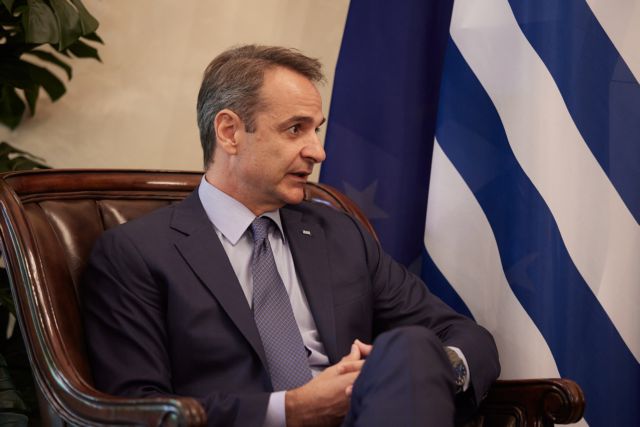Everyone knows that Prime Minister Kyriakos Mitsotakis has long been advised by both top ruling party members and key players in the economy to hold early elections, in order to exploit the current, relatively favourable economic and social conditions that will be shaped by the strong (despite the Covid-19 flare up) tourism current.
Such favourable conditions, in turn, would effectively temper the political dangers inherent in the proportional representation electoral system and the prospect of holding a second, consecutive election with the aim of securing an absolute parliamentary majority for ruling New Democracy.
The truth be told, the PM himself had indirectly left open a slight prospect of holding snap elections, although he never directly said he may do so.
As time passed, however, the PM was subjected to tremendous pressures.
Those who favoured early elections focused on the fact that this coming winter will be economically difficult for the public.
We had reached the point where most ministers were preoccupied with their re-election campaigns instead of focusing on their ministerial responsibilities.
With his most recent remarks in Parliament and in a well-publicised radio interview, one may say that the PM cleared things up.
He twice categorically declared that, “Elections will be held at the end of the four-year term”, and thus left no room for misinterpretation.
Indeed, in order to convince the “doubting Thomases” in the opposition and beyond, he turned the argument that the forthcoming difficult winter is good reason to hold snap elections on its head.
He said he is opting for political stability and does not intend to imperil and leave the country ungoverned in the middle of a tough energy crisis. Instead, he will stay on and manage it at any cost politically.
This time, Mr. Mitsotakis committed himself in the clearest and most categorical manner that he will serve out his term by doing all that is necessary to steer the ship of state through the crisis and by putting in place all the elements of the platform on which he was elected in 2019, by late spring, 2023, when elections will be held.
Despite his public pleas for “Elections now!” this is precisely what main opposition leader Alexis Tsipras was hoping for when he demanded that the PM put an end to leaks and make clear his intentions.
Hence, Mr. Mitsotakis took the risk, discarding any opportunity to gain political advantage now, and pledged to serve out his term, in line with the provisions of the Constitution and his own stated principles.
The prime minister dared. He made a difficult choice that is not in line with the tradition in Greek politics of the PM calling elections when it best suits him.
Essentially, he decided that time is on his side, as he believes that the positive results of policies for which the groundwork has already been laid will far outweigh the wear and tear of governance in the coming period.
He believes that his management of crises while in office has benefited him, and that time will be on his side as well.
The PM is convinced that despite the many uncertainties that arise from the war in Ukraine, at some point it will end, and that the normalisation of economic conditions will be almost automatic.
He also divs that his proper management of the Turkish threat will enhance his political capital and capabilities over time.
Most would likely consider Mr. Mitsotakis’ decision risky, yet an independent observer cannot overlook its boldness and directness.
Few prime ministers have insisted on serving out their four-year term for the sake of political stability in the country.
It remains to be seen if his decision is the right one, yet it is undoubtedly daring.



